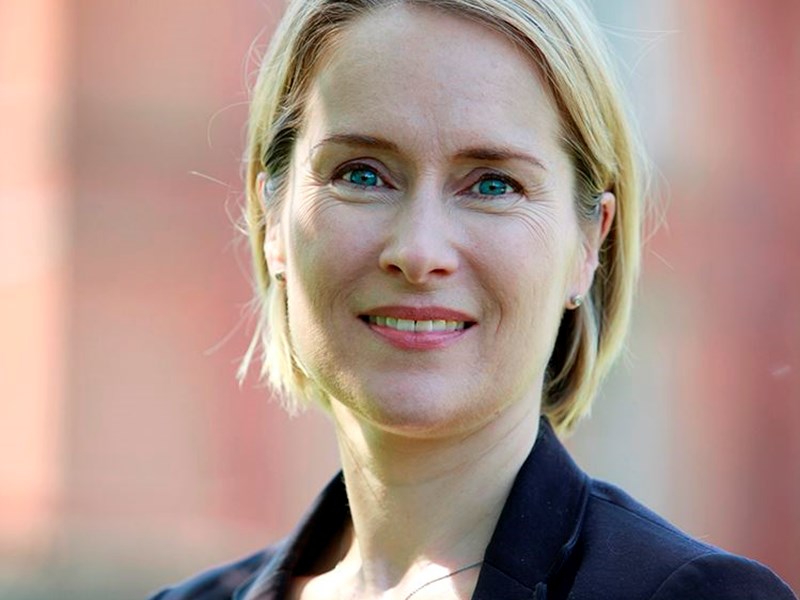With the school summer holidays in full swing, many parents will encourage their children to keep a holiday diary. Here, Tunbridge Wells-based dyslexia and linguist specialist Liz Hawker explains why it’s important to encourage creativity as opposed to conformity
DRUMROLL, please. Recent research has found that the most frequently used word of this year, as used by children in a creative story writing competition, is ‘plastic’. Does anyone else feel deflated by this finding?
I have a quiet hunch that those at Oxford University Press, who undertook the aforementioned research, are also lost for words.
The word ‘plastic’ also appeared 3,359 times and was the most popular word used by five to 13 year olds who entered BBC Radio 2’s 500 Words competition.
Rather depressingly, it was closely followed by gaming references, with an abundance of ‘cheats’ and ‘glitches’, among the ‘consoles’ and ‘portals’ references.
Now, no one would deny that environmental issues demand a presence in the curriculum – but how many imaginative stories were pushed out of children’s subconscious to fight against evil Mr Plastic? Did the ‘Plastic-ateers’ really seize their authors’ imaginations, or were they the result of whole-class submissions driven by a recent batch of topic work?
F. Scott Fitzgerald and Flaubert, to name but two, are among famous dyslexic authors whose words will never be forgotten.
Writing does not come easily to children today. While word recall, spelling and punctuation are particularly tough for pupils with dyslexia, creativity can be a strong point. F. Scott Fitzgerald and Flaubert, to name but two, are among famous dyslexic authors whose words will never be forgotten.
Even without dyslexia, many children play safe with language they know, avoiding the unchartered territories of words that are different.
Through imaginative teaching tasks and visiting authors, let’s instead take pupils on language journeys that are languorous and winding, in lands where creative clouds dance and new possibilities open their doors wide.
So, back to Oxford University Press’s survey: On a cheerier note, researchers found glimmers of wordplay that were clever and humorous.
Names for amazing beasts were coined, like the ‘lamacorn’, ‘unipug’ and ‘worrycorn’. And I would have loved to have read the story that began: ‘Once upon a paragraph, there lived a perfectly circular Full Stop’
In the BBC’s 500 Words competition, great play was made of perspective: Some of the more original stories were emotive accounts from the viewpoint of a non-human protagonist or non-animate character, such as this example: ‘Yet another unwelcome plastic alien invader in the beautiful big blue sea that one less whale now calls home.’ (The Big Blue, written by a boy aged ten).
The competition also bodes well for boys’ literacy, with 5% more entries from them since the competition officially launched in 2012.
And it was also quite evident that pupils have an awareness of current affairs, sometimes handled with understated perception, such as this opening line: ‘The monster was called Brexit and everyone blamed him for everything.’ (Misunderstanding, written by a girl aged nine).
So, let’s take our pupils beyond plastic warriors and ‘reduce, reuse, recycle’, and instead let’s harness their wordplay and humour to help them create stories that soar in their originality and insight.
Reading and writing without boundaries gives today’s pupils the single biggest advantage when it comes to GCSEs, not just in English but in all subjects examined via written language.
We might want to cut our plastic pollution, but let’s not reduce our word banks while we’re at it.
Liz Hawker is a dyslexia and linguistics specialist at Kent College, Pembury








